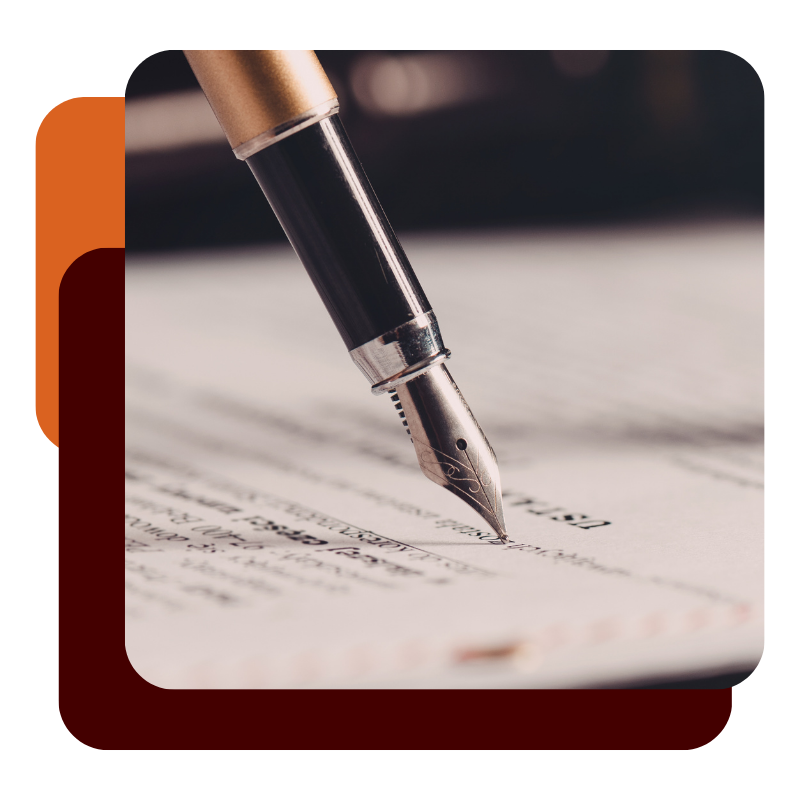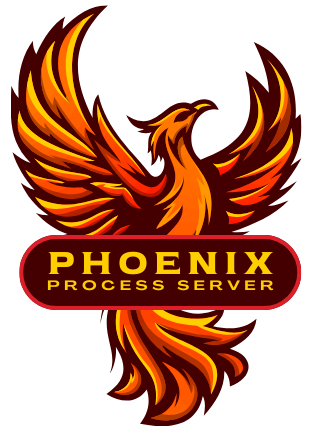Phoenix Process Server
What is a Notary Public?
A Notary Public is a person of integrity who is designated by the state government, usually via the secretary of state, to act as an unbiased witness for the public in carrying out a range of formal fraud-deterrent actions connected to the signing of significant papers. Notarizations, also known as notarial acts, are these formal actions. Notaries are publicly commissioned as “ministerial” officials, which means that, unlike “judicial” officials, they are required to adhere to established standards without using a great deal of personal judgment.

What Does a Notary Do?
It is the responsibility of a notary to verify that signers of significant papers are who they say they are, that they are ready to sign without coercion or fear, and that they understand the substance of the document or transaction. In some notarizations, the notary must further place the signer under oath, requiring them to affirm under penalty of perjury that the information in the document is accurate and truthful. Documents that often need a notary public include powers of attorney, wills, and property deeds.
The basis of the public’s faith in the Notary is impartiality. When they have a personal interest, they have a responsibility to refrain from acting. The public has faith that the Notary’s screening efforts are free from bias. Furthermore, a notary must always be unbiased, meaning they cannot turn away a client on the grounds of their ethnicity, country, religion, politics, sexual orientation, or position as non-customer.
Notaries Public, in their capacity as state representatives, attest to the correct execution of numerous life-altering legal documents executed by private individuals. These varied transactions may involve the sale or purchase of real estate, the granting of powers of attorney, the establishment of a prenuptial agreement, or a host of other tasks necessary to maintain the smooth operation of our civil society.
Why Are Notaries And Notarizations Necessary?
Through the process of notarization, Notaries deter fraud and establish that the signer knows what document they’re signing and that they’re a willing participant in the transaction.
How Does A Notary Identify A Signer?
Generally, a Notary will ask to see a current ID that has a photo, physical description and signature. Acceptable IDs usually include a driver’s license or passport.
What a Notary is Not
Unlike Notaries in foreign countries, a U.S. Notary Public is not an attorney, judge or high-ranking official. A U.S. Notary is not the same as a Notario Publico and these differences can be confusing for immigrants when they approach Notaries in this country. Notaries in the United States should be very clear about what they can or cannot do to serve immigrants the right way and steer clear of notario issues.
Becoming a Notary Public
You can become a Notary in your state if you meet the eligibility requirements and follow all of the steps your state includes in their commissioning process. The process varies from state to state, but generally, you would fill out an application, pay the state’s application fee, take a training course or pass an exam, file your bond and oath of office, and buy your Notary supplies.
We are the #1 rated Laveen Notary & Phoenix Notary. We also service Tempe, Mesa, Avondale, Glendale, Tolleson, Maricopa, Ahwatukee & Scottsdale. We have over 200+ 5 star reviews just google notary near me and we will come up. We can also handle all your process server needs. Contact us at 602-657-2141


